
Emerging Market Debt: A Roadmap Beyond COVID-19
25 June, 2020 | 13:30 – 14:30 BST | 08:30 – 09:30 EDT
Join us for the Bloomberg Emerging & Frontier Forum 2020 Digital Series, hosted in collaboration with Amundi Asset Management, Fitch Ratings, and the Institute of International Finance (IIF).
In response to the challenges presented by the COVID-19 pandemic, our flagship annual event will take place as a series of digital panel discussions with leaders from across industry and governance. This edition of the series will feature two panels with key representatives from finance ministries and central banks from across the globe.
Panel 1 - The COVID recession: View from the economic cockpit
Ministers of Finance will give their views from the economic hot seat on the following topics:
- Managing the economic fallout from COVID-19
- Preserving market confidence under pressure
- Laying the framework for recovery of the economy and foreign investment
Our panel of Central Bank Governors will focus on:
- How has the central bank's role evolved through the COVID-19 crisis? Can emerging market central banks be a model for the rest of the world?
- Is inflation still priority number one for the central bank?
- When and how will foreign investors return to emerging markets?
- Long-term impact of the crisis for sovereign debt markets
María Antonieta Alva Luperdi Minister of Finance, Peru Dr. Benjamin E. Diokno Governor, Philippines Central Bank H.E. Carlos Dominguez Secretary of Finance, Philippines Sonja Gibbs Managing Director, Global Policy Initiatives Institute of International Finance H.E. Arturo Herrera Gutiérrez Minister of Finance, Mexico H.E. Martin Guzman Minister of Economy, Argentina Mr. Lesetja Kganyago Governor, South African Reserve Bank Yerlan Syzdykov Global Head of Emerging Markets & Co-Head of Emerging Markets Fixed Income Amundi Asset Management Michael R. Bloomberg Founder of Bloomberg L.P. and Bloomberg Philanthropies Stephanie Flanders Senior Executive Editor Bloomberg Economics
Speakers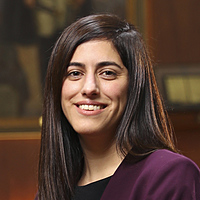
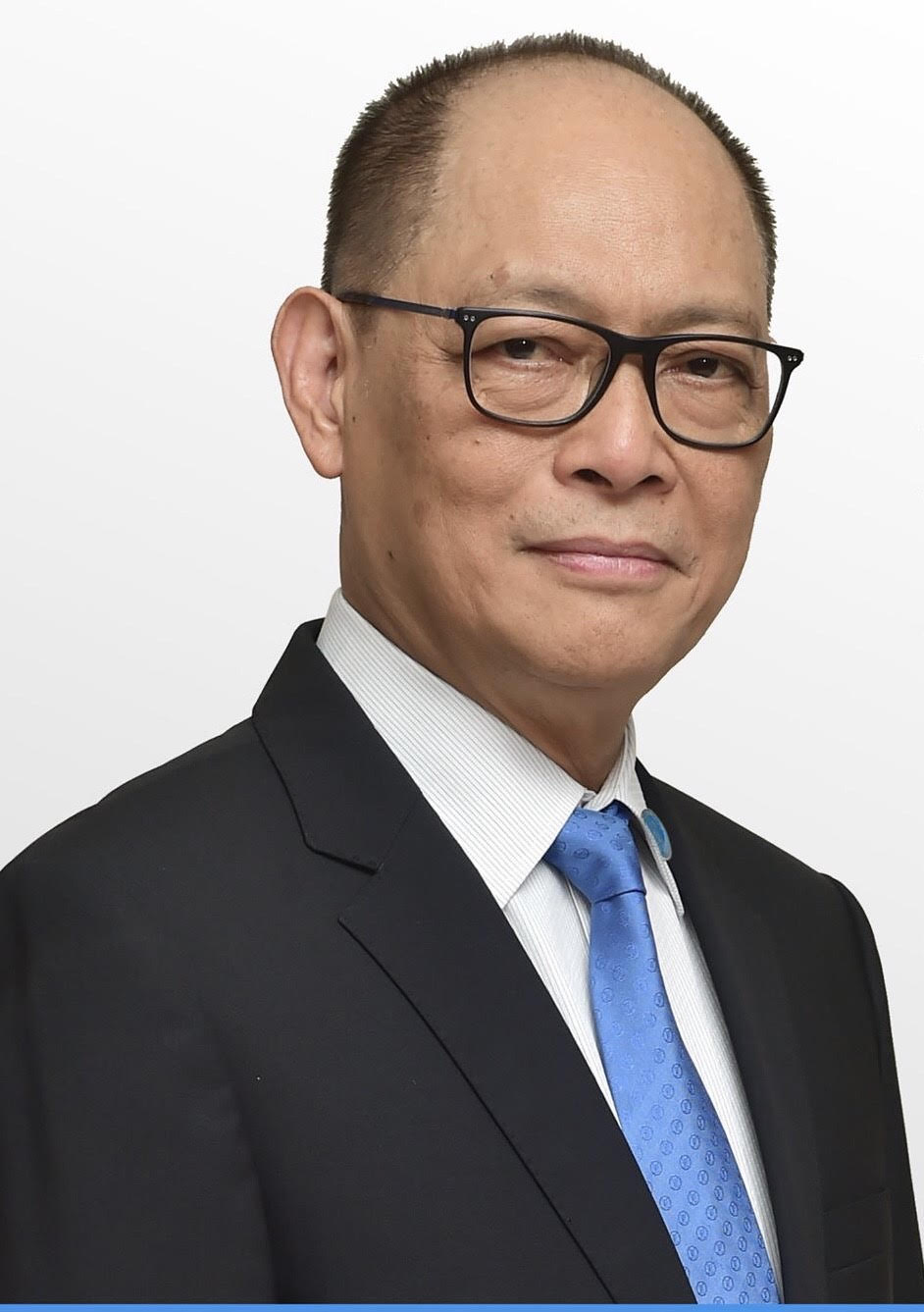
His policy expertise and research contribution extend to various areas of public economics, such as the structure and scope of government, tax policies and reforms, public expenditure management analysis, fiscal decentralization, national budget and public debt among other topics. He has extensive experience in implementing reforms at the public sector, having also served as Budget Undersecretary from 1986 to 1991 and Budget Secretary from 1998 to 2001.
He is Professor Emeritus of the University of the Philippines-Diliman. Over more than 40 years, he taught the following courses: Public Sector Economics, Microeconomics, Macroeconomics, Development Economics and Special Topics (e.g., Public Enterprises Investment and Pricing Policies; Public Sector Reforms; Local Government Finance, etc.). He was also Chairman of the Board of Trustees of the Pamantasan ng Lungsod ng Maynila (City University of Manila).
He served as Fiscal Adviser to the Philippine Senate. He also served as Chairman and CEO of the Philippine National Oil Company (PNOC) and Chairman of the Local Water Utilities Administration.
Some of the major policy reform contributions of Dr. Diokno include: providing technical assistance to the 1986 Tax Reform Program to simplify the income tax system and introduce the value-added tax, helping design the 1991 Local Government Code of the Philippines, initiating a What-You-See-Is-What- You-Get policy to streamline the release of funds, sponsoring the internationally-lauded Government Procurement Reform Act to modernize, regulate, and standardize government procurement activities in the Philippines.
He served as an adviser and consultant to various multilateral agencies like the World Bank, Asian Development Bank, European Commission, and USAID for work in the Philippines, China and transitioning economies like Vietnam, Cambodia, and Mongolia.
He has also participated in numerous international conferences hosted by the IMF, ADB, World Bank, APEC, UN among other international organizations. Beyond this, he has authored numerous publications and discussion papers regarding his research interests that have been published in academic journals and policy reports.
He finished his Bachelor’s Degree in Public Administration from the University of the Philippines (1968), and earned his Master’s Degree in Public Administration (1970) and Economics (1974) from the same university. He also holds a Master of Arts in Political Economy (1976) from the Johns Hopkins University in Baltimore, Maryland, USA and a Ph.D. in Economics (1981) from the Maxwell School of Citizenship and Public Affairs, Syracuse University in Syracuse, New York, USA._resize.jpg)
Mr. Dominguez was appointed as Cabinet Secretary thrice: as Secretary of Environment and Natural Resources (1986-1987), Secretary of Agriculture (1987-1989), and currently as Secretary of Finance since 2016.
Under his leadership, the Department of Finance (DOF) was able to draft and introduce to the Congress the first of a series of the Duterte administration’s proposed tax reform packages known as the Tax Reform for Acceleration and Inclusion (TRAIN) Act less than 90 days from the time he assumed the Cabinet portfolio in July 2016. President Rodrigo Roa Duterte signed into law the TRAIN Act on December 19, 2017. This was followed by other successes in the legislature—such as the passage of the Tax Amnesty Act, the Tobacco Tax Reform Law, and a new Sin Tax Reform Law which raised excise taxes on alcohol and electronic cigarettes. On his watch, the Philippines’ key revenue agencies— the Bureaus of Internal Revenue (BIR) and of Customs (BOC) also continue to achieve strong revenue growth rates. It was also under his leadership that the BIR was able to secure its largest tax settlement ever—amounting to about $600 million—from a single taxpayer in Philippine history.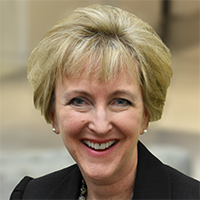
Sonja has spent over 20 years in banking and financial markets, most recently with Nomura International in London, where she was Chief Equity Strategist. Previously she was Head of East European Economics and Senior European Bond Analyst, also for Nomura. Earlier positions included stints as a U.S. economist and bank credit analyst in New York and Los Angeles. She has taught undergraduate microeconomics at U.C. Berkeley, and spent several years with the Berkeley-Stanford Program on Soviet International Behavior. Sonja’s work is widely cited in the financial press, including Bloomberg, the Wall Street Journal and the Financial Times; she is a regular speaker at industry conferences and has been a frequent commentator for financial television and radio in her strategist/analyst roles. 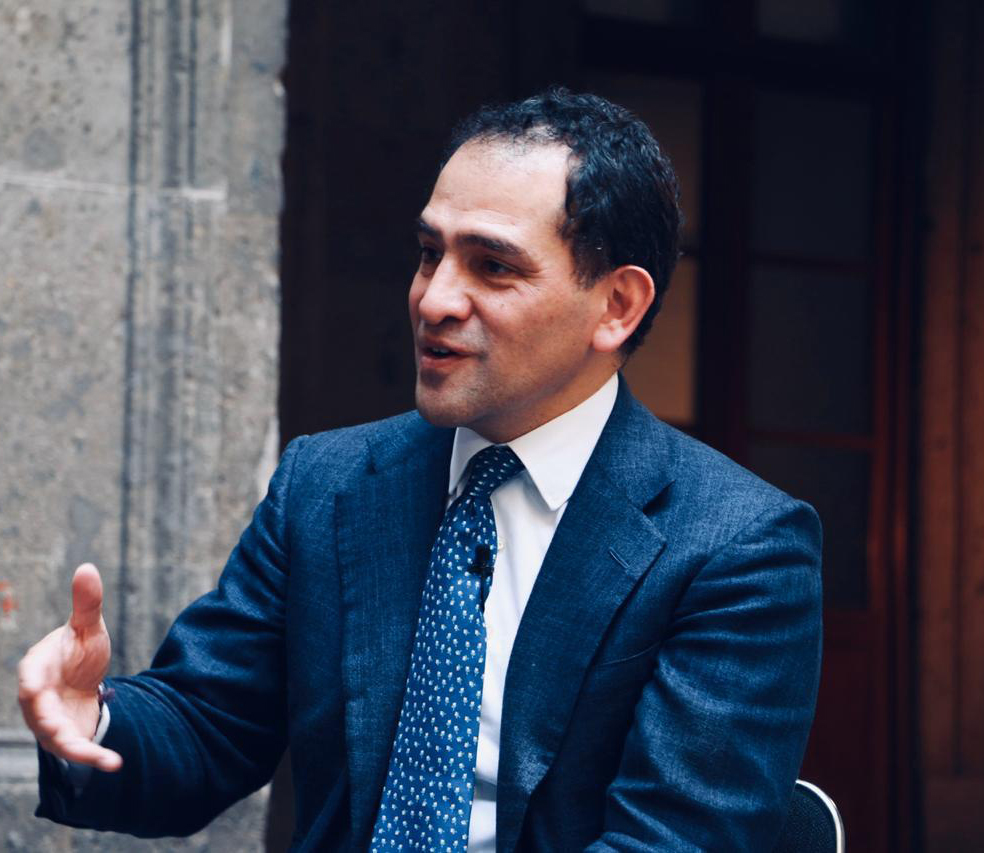
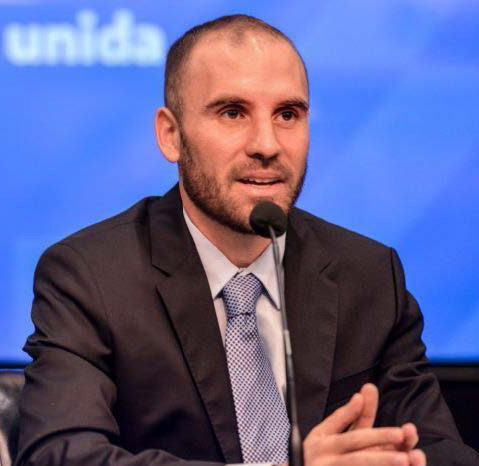
He has graduated as a Doctor in Economics (PhD. in Economics) from Brown University, United States. Prior to his doctoral studies, he obtai- ned a Bachelor's degree in Economics and a Master's degree in Econo- mics, both from Universidad Nacional de La Plata (National University of La Plata), Argentina.
He is a researcher at the Columbia University School of Business, and Director of the Public Debt Restructuring Program of the Policy Dialo- gue Initiative of the same School. Together with Nobel laureate Joseph Stiglitz, he has conducted the academic training program of the Columbia University Initiative for Policy Dialogue.
He is an associate professor at Facultad de Ciencias Económicas de la Universidad de Buenos Aires (Faculty of Economic Sciences of the University of Buenos Aires). As of December 2019, he is a tenured lecturer at Facultad de Ciencias Económicas de la Universidad de La Plata (School of Economic Sciences of the National University of La Plata).
He is editor in chief of the Journal of Globalization and Development and has published numerous academic articles in specialized journals and books.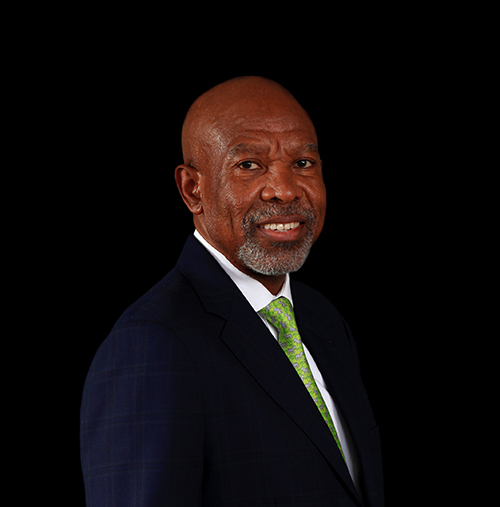
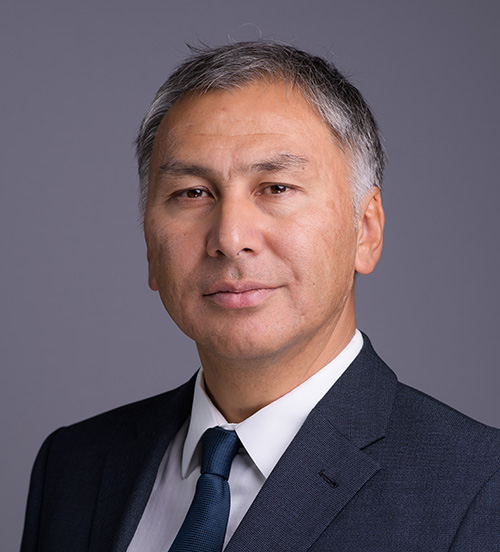
Yerlan has worked on Emerging Markets (EM) throughout his career. He has been involved in managing EM Debt strategies since 2000 when he joined Amundi Asset Management and has played a key role in evolving our investment capability in this area.
He joined Amundi Asset Management (previously Pioneer Investments) in 2000 from Bancroft in Paris where he had been working as an Investment Analyst for Private Equity deals. Before this, he worked with various companies in London and Paris within EM equity research.
Yerlan started his career as an EM Equity Analyst with Renaissance Capital in Moscow upon completion of his MBA in 1997.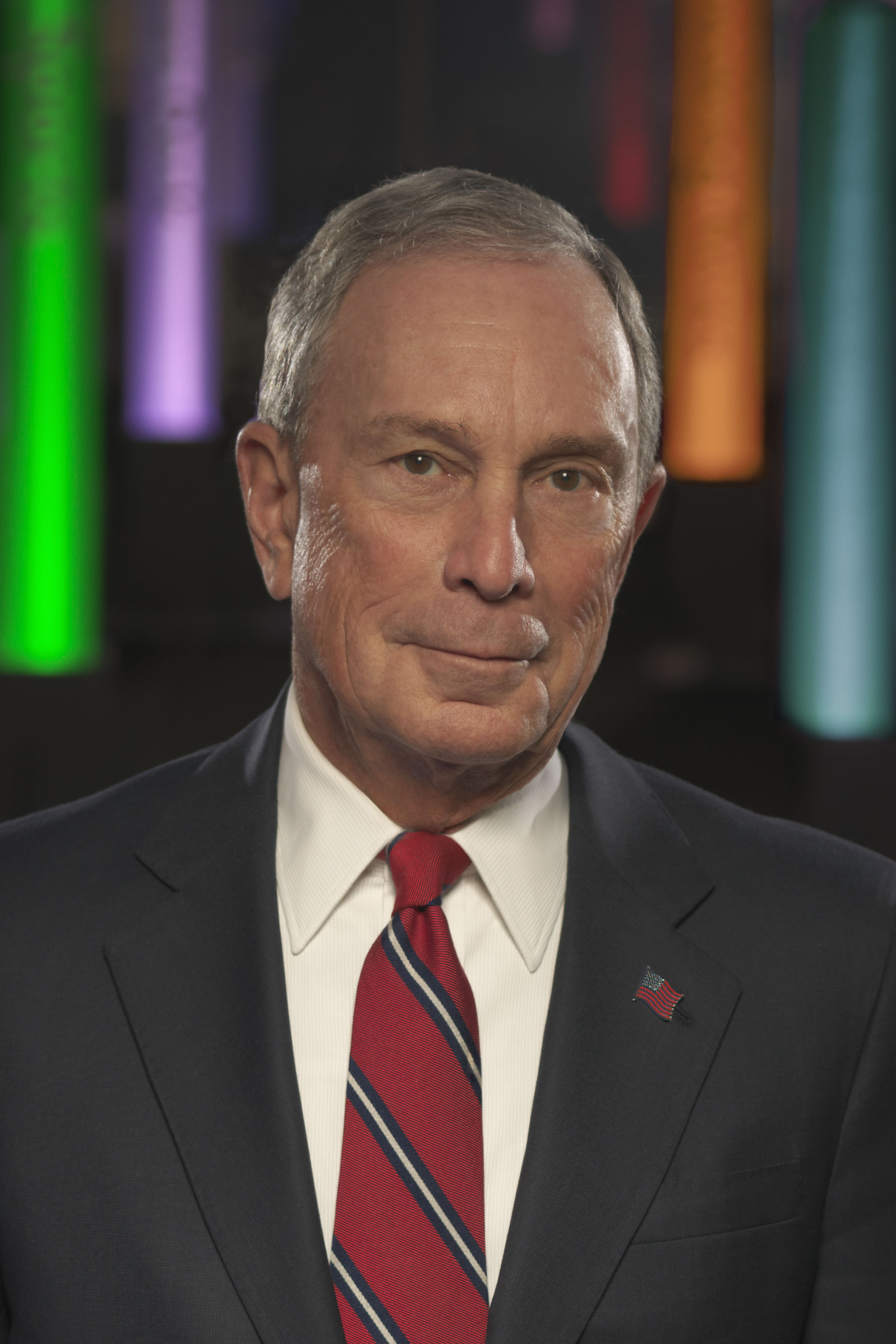
Elected mayor just weeks after the attacks of September 11, 2001, Bloomberg led New York City’s resurgence. He spearheaded the rebuilding of Lower Manhattan, fought poverty with new programs that became national models, and turned around a failing school system. Bloomberg reduced carbon emissions by 13 percent, increased New Yorkers’ life expectancy by three years, and cut crime by a third while reducing incarceration by nearly 40 percent. Despite the national recession, he led the city to record job growth.
As mayor, Bloomberg launched a pandemic influenza plan for New York City, and led the city through outbreaks of the swine flu and West Nile virus. An international leader on public health issues, Bloomberg recently launched a series of efforts to help fight the coronavirus pandemic through his foundation, Bloomberg Philanthropies. He’s supporting a fund for New York City-based non-profits impacted by the crisis, convening mayors to share information and strategies, committing $40 million to help low- and middle-income countries slow and prevent the spread of the disease, and more.
After his third term in City Hall, he resumed leadership of Bloomberg L.P., the financial technology and media company he founded in 1981. Bloomberg L.P. now employs some 20,000 people. Bloomberg Philanthropies applies a unique, data-driven approach to drive progress in five focus areas – public health, government innovation, education, the environment, and the arts. He has given away $9.5 billion.
Bloomberg grew up in a middle-class home in Medford, Massachusetts. He took out government loans and worked his way through school, graduating from Johns Hopkins University and Harvard Business School. He is the father of two daughters, Emma and Georgina, and has two grandchildren.
Stephanie came to Bloomberg from J P Morgan Asset Management, where she had been Chief Market Strategist for the UK and Europe since 2013. Stephanie was Economics Editor for the BBC from 2008 to 2013, where her national and global economic analysis was broadcast around the world and widely respected. Prior to joining the BBC, Stephanie was a speechwriter and senior advisor to US Treasury Secretary Lawrence H. Summers in the second Clinton Administration, where she was closely involved in the management of emerging market crises and other major economic issues from 1997 to 2001. She has also worked as an economist at the Institute for Fiscal Studies and London Business School. She is an Honorary Fellow of Balliol College, Oxford and a Fellow of the Society of Professional Economics. In 2016 she was appointed to Chair the Royal Society of Arts' Inclusive Growth Commission, which delivered its final report in 2017.
By logging in, you agree to the Terms of Use and Privacy Policy.
Before we start, make sure your computer is set up for the optimal experience:
- A computer or any mobile device with an internet connection
- Speakers/headphones
- Close all other programs and applications on your computer.
- If you lose video or audio, please refresh your browser.
- For optimal viewing experience we suggest you use Chrome
- If you are using Internet Explorer, please turn off Compatibility View. Click here for steps.
- Please view the FAQ guide or our Computer Tips for more viewing information.
- Feel free to submit a question in the Q&A window if these tips do not help
